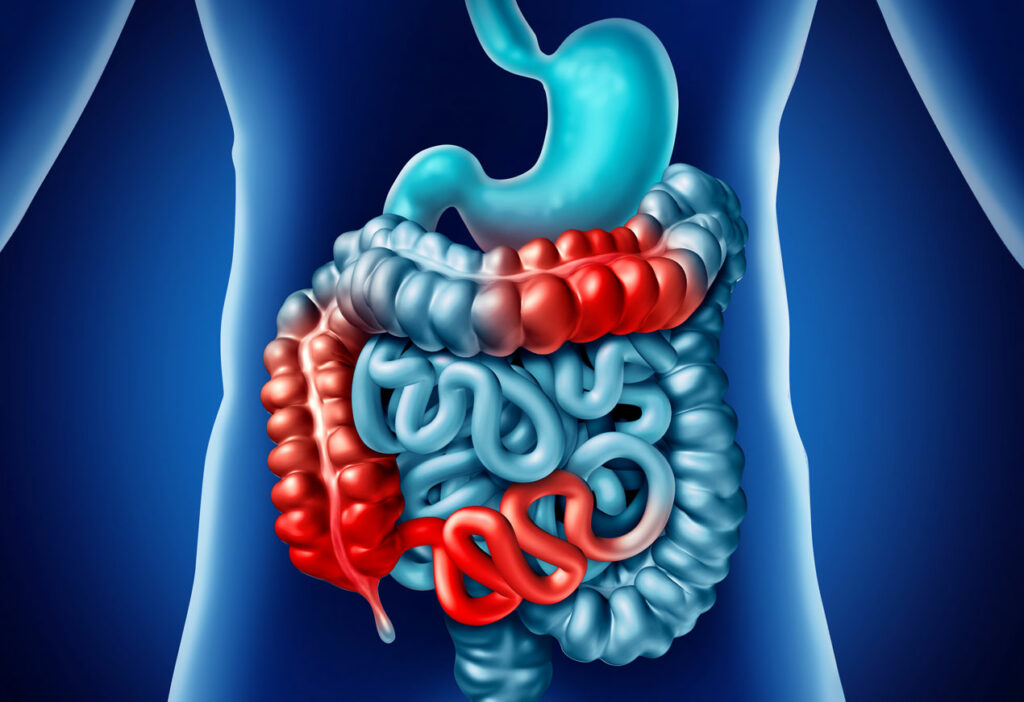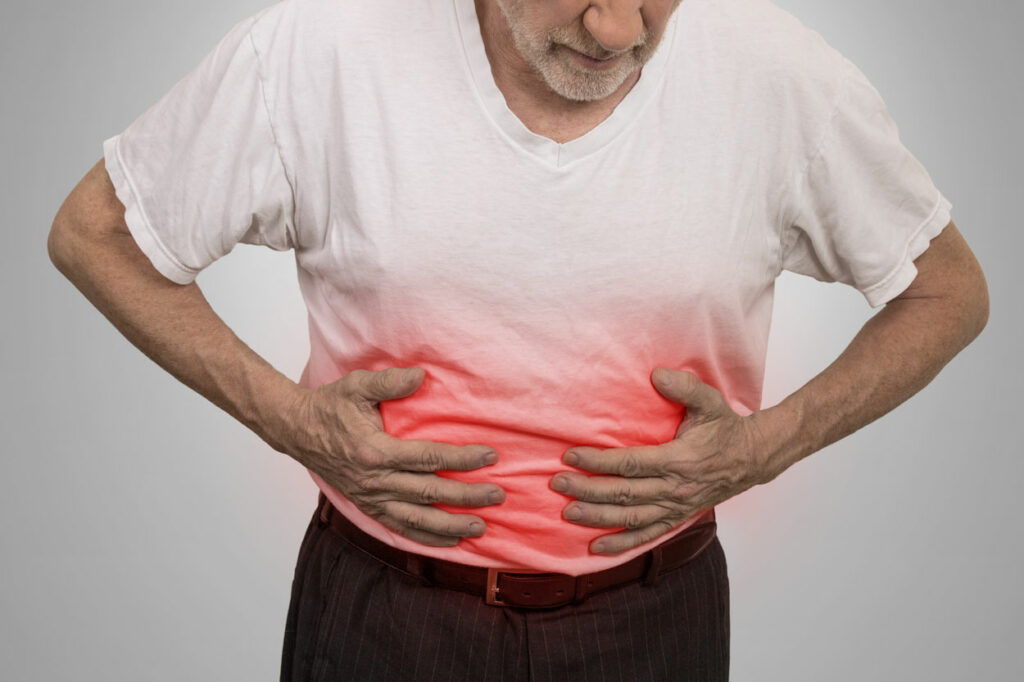Understanding the Remission and Relapse Cycle in Crohn’s Disease
Crohn’s disease is an unpredictable chronic and progressive condition. The condition typically doesn’t follow a set pattern. Its symptoms can improve or worsen over time, making it difficult for doctors to categorize the disease into different stages.
As a patient, you can experience flare-ups with increased symptom frequency and severity, followed by periods of remission where you have few, mild, or no symptoms.
There is still no known cure for Crohn’s disease. Therefore, achieving and maintaining remission and preventing or slowing down disease progression are the ultimate treatment goals at this time.
Video: Understanding the Remission and Relapse Cycle in Crohn’s Disease
Types of Remission
There are various parameters to determine if you’ve entered a period of remission. These are the most common types of remission:

Clinical Remission
When a patient’s symptoms have significantly improved or gone away. In clinical remission, it’s possible that some inflammation still exists in the GI tract. Clinical remission is often associated with the beneficial effects of medications, but in a few cases, it could happen on its own.
Endoscopic Remission
Various tests, including colonoscopy and sigmoidoscopy, show no evidence of inflammation in your GI tract. Although endoscopic remission is harder to achieve than clinical remission, it is the treatment goal as it means that the damage caused by chronic inflammation in your GI tract has stopped.
Biochemical Remission
Inflammation markers in your blood or stool, including levels of specific proteins, show significant improvement.
Histologic Remission
Biopsy tests show there is no inflammation and the cells in your GI lining are healing.
Surgical Remission
Surgically removing areas with active Crohn’s disease.

Maximizing Remission Periods
Remissions have no standard duration. They can last a few weeks, months, or even years. However, there are ways for you to maximize these periods.
- Continue with all Prescribed Treatments: Being in remission doesn’t mean you can halt your treatments. Even if you are feeling well, you must continue taking all your medications and attend your scheduled infusion therapy sessions. Doing so can help prevent relapses and avoid potential complications later.
- Remember to Avoid Trigger Foods and Beverages: Your doctor might have already asked you to eliminate certain trigger foods from your diet. So please avoid the temptation of eating them when you start feeling better to avoid risking a flare-up.
- Manage Stress: You must learn to manage your stress levels. Although stress is not the cause of Crohn’s, studies link elevated stress levels to disease flare-ups
- Beware of Nonsteroidal Anti-Inflammatory Drugs (NSAIDs): NSAIDs are a common class of pain medications that include aspirin, ibuprofen (Advil, Motrin), and naproxen (Aleve). These medications are highly irritable to the stomach and intestinal linings and can trigger flares. If you are experiencing pain due to an injury or headache, ask your doctor to prescribe suitable medication.
- Quit Smoking: Research shows that smoking increases the risk of developing Crohn’s disease and worsens its progression. If you are a smoker and find quitting hard, please speak with your doctor and ask them to recommend supportive resources to help you.
Managing Relapses
Even if you diligently follow your treatment and do everything to extend your remission periods, you may still have a relapse and experience symptom flare-ups.
Every patient experiences Crohn’s differently. During a flare-up, some will have minor symptoms ranging from mild diarrhea and abdominal discomfort to more serious symptoms, including severe abdominal pain and possibly even bowel blockage.
During a relapse, you may experience familiar symptoms or you could develop new symptoms. Tell your doctor about any new or worsening symptoms you may experience.
As with remissions, relapses have no set duration. They can last a few weeks up to a few months.
Crohn’s disease may be unpredictable, but with the increased use of biologics, many patients are finding relief with their symptoms and slower disease progression. Ask your doctor if you are a good candidate for infusion therapy.





